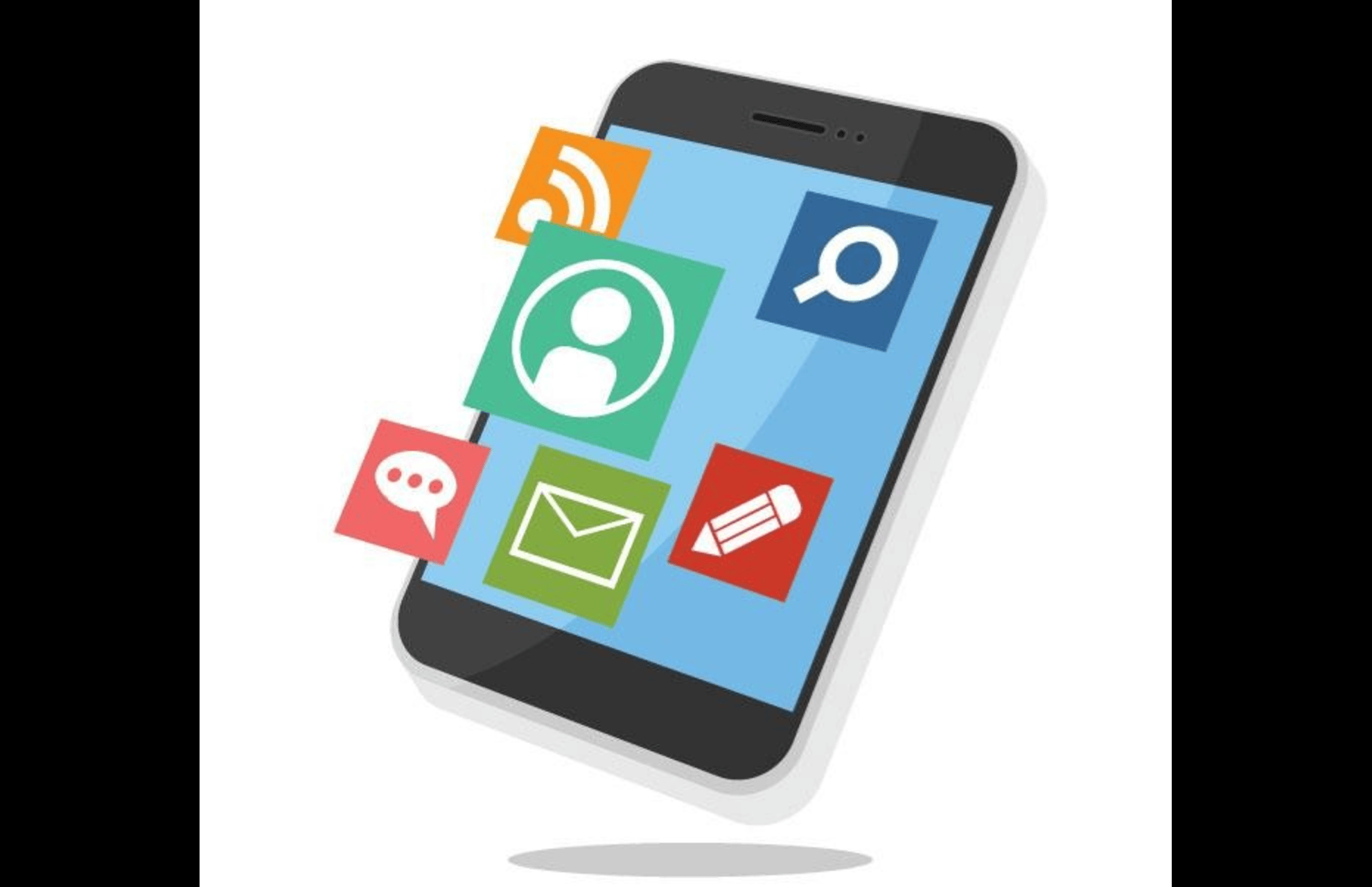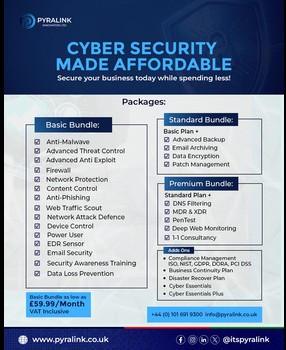The Truth About Free Apps and Your Privacy
In today’s world, free apps are everywhere — from entertainment to productivity tools. They promise convenience, utility, and fun, all for the low, low cost of nothing. But are these apps really free? Let's uncover what you're actually trading every time you download a "free" app.
What's the Catch With Free Apps?
Photo by Antoni Shkraba
Free apps often come with strings attached — your data. While you don’t spend money upfront, the real payment may be in the information you share. This includes your name, location, browsing habits, and sometimes even more personal details. A recent AARP article highlighted how free apps are notorious for gathering data without users fully realizing it.
It's essential to ask yourself: What am I giving away when I hit the download button?
How Do Free Apps Collect Your Data?
Apps deploy various methods to collect your data, often working in the background. Here’s what happens:
Permissions: Ever notice how some apps ask for access to your microphone, camera, or GPS even when it's not needed? That’s a red flag.
Cookies and Trackers: Just like websites, apps use tools to follow your activity and gather behavioral data.
Third-Party Sharing: Free apps frequently share or sell personal data to advertisers and data brokers. According to NordVPN, some apps even bypass two-factor authentication to access sensitive details.
For a deeper dive into these techniques, check out this piece on how apps collect and use personal data.
Examples of Apps With Privacy Concerns
Not every app is guilty of exploiting your data, but there are several well-documented cases of apps crossing the line. A report by CyberGuy exposed popular apps that had serious privacy problems. These include:
Social Media Apps: Many social platforms collect location data, your browsing history, and even contacts.
Utility Apps: Weather or flashlight apps often request suspicious permissions, like access to your call history.
Gaming Apps: Some mobile games track your in-app purchases and usage patterns.
Are these permissions really necessary for these apps to function, or are they just masking data collection practices?
What Data Are They Collecting?
When you use a free app, you're often handing over details like:
Personal Identification: Name, email, or phone number.
Financial Data: Payment methods, purchasing habits.
Real-Time Location: GPS tracking.
Health Information: Steps, heart rate data from fitness trackers.
The worst part? Some apps bundle all this info and sell it to advertisers. The Time article illustrates how even your weather app might know more about you than your best friend.
How to Protect Yourself
Don’t delete every app just yet! There are ways to balance your online privacy while enjoying free tools. Here’s how:
1. Review App Permissions
Before installing, double-check the permissions requested. If a calculator app asks for access to your location, it might be best to skip it.
2. Read the Privacy Policy
Yes, they’re long and boring. But knowing what you’re agreeing to can prevent future headaches.
3. Limit Data Sharing
Disable location tracking and ensure you log out from apps you don’t frequently use. Some apps collect real-time location data even when you're offline.
4. Use Alternatives
Consider paid apps or open-source tools, which often prioritize privacy over profits. For more ideas on secure options, explore these apps that prioritize user safety.
Conclusion: Your Privacy is Priceless
Free apps aren’t "free". They often come with a hidden cost: your privacy. While seemingly harmless, these apps may collect extensive personal data without your full knowledge or consent.
Take Control of Your Data:
Read privacy policies carefully: Understand what data is being collected and how it will be used.
Limit app permissions: Only grant apps the necessary permissions to function.
Consider privacy-focused alternatives: Explore apps that prioritize user privacy and minimize data collection.
**By being mindful of your data and making informed choices, you can enjoy the benefits of technology while protecting your privacy.

